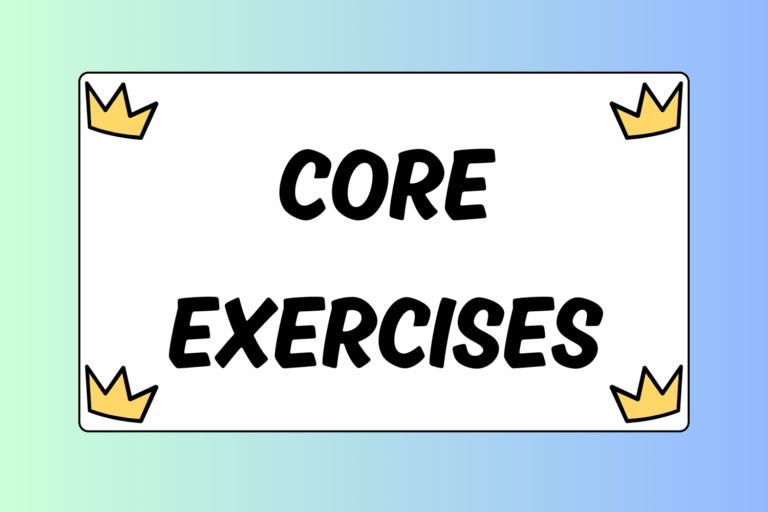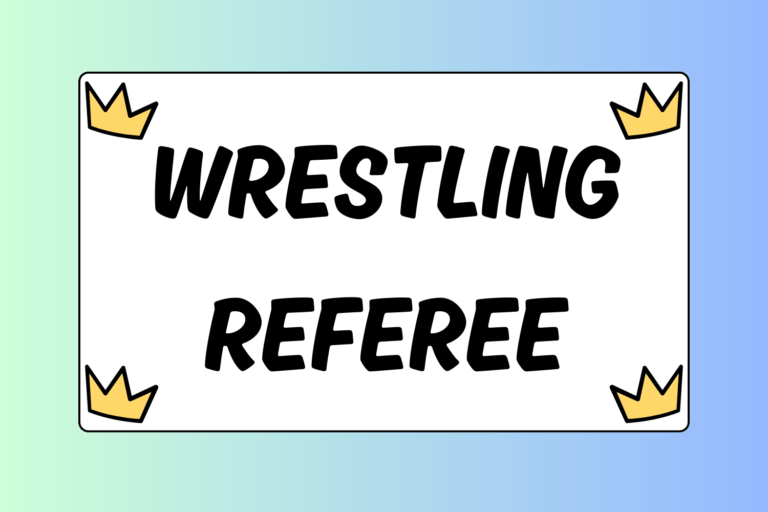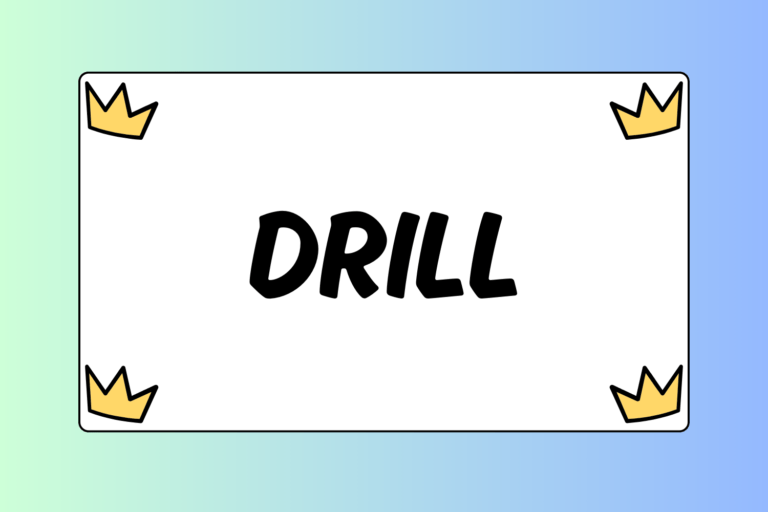For the serious student, choosing the right college is a hard enough decision to make these days, as there are a seemingly endless number of academic opportunities out there. For the serious student-athlete, this task becomes considerably more difficult because you must consider your future in athletics in addition to your education. This guide will help you or your athlete through the process of selecting an academic institution at which to compete, providing tips on how to prepare and what to expect.
All Divisions Aren’t Created Equal
No matter your skill or experience level, there are plenty of college programs in which you can participate. Collegiate wrestling in the United States is governed by many different organizations which provide different opportunities and levels of competition.
The most well-known organization is the NCAA, which governs the large majority of colleges and universities. The NCAA is composed of three separate divisions, based on the size of each school. Division I is comprised of the schools with the highest number of enrolled students, and is also the most competitive both academically and athletically. Division II and Division III are comprised of smaller colleges and universities. Many outstanding wrestlers compete in the lower divisions, but the level of competition overall is considerably lower than that of DI.
NAIA, NCWA, and NJCAA are the other organizations that govern collegiate wrestling for junior colleges and club teams, as well as a number of colleges and universities that do not compete in any of the NCAA divisions. The level of competition in these organizations varies, but can be highly beneficial for wrestlers that need a little more time to develop as student or an athlete. Junior colleges and other smaller institutions are great if you aren’t ready for a larger, four-year school right out of high school, and can be used as a stepping-stone for transferring up to a more athletically and academically competitive school.
Knock It Out Early
One of the biggest mistakes many student-athletes make is putting all of their effort into sports alone, and neglecting what is required of them academically. Remember, the word “student” comes before the word “athlete” in this phrase, and school absolutely has to be your top priority. College wrestlers take care of business inside of the classroom as well as on the wrestling mat, so make sure everything you do at the high school level is in preparation for your life is a college-level student-athlete.
Know the Requirements
Depending on the type of institution you choose and what state it’s located in, there are certain courses and tests that may be required of you. Although some of these requirements may be fulfilled once you are enrolled, most colleges use entrance requirements to eliminate less-serious applicants. To become an attractive prospect for any college, here a few things you need to do:
- Test early: Take standardized tests such as the SAT, ACT, or any other necessary exams no later than the end of your sophomore year of high school to allow yourself time to improve your score, if need be. Also, be aware of any courses or practice tests that are designed to prepare you for these exams; this could make a huge difference in how you score.
- Learn a language: Most colleges and universities require at least one academic year of a foreign language. Look into foreign language requirements, and don’t wait until it’s too late to get it done. Even if this isn’t required of you, an additional language is always great for your resume and for personal enrichment.
- Get help from a counselor: Meet with your academic counselor early and often to ensure you’re on the right track academically. Your counselor will gladly answer any questions that you have about the process of being admitted into a college, and if they know you are taking your education seriously and doing what is asked of you in the classroom, they will do whatever they can to help you meet your goals.
- Know your academic goals: If you have an idea of the subject for which you would like to earn your college degree, this will make school choices and specific requirements even clearer (some majors require specific coursework in science, mathematics, english, etc). If you don’t have a clue as to what field you are interested in, do some research and try and narrow your choices down as much as possible.
Only a small percentage of high school wrestlers are approached by recruiters, so don’t take it personally if you aren’t getting noticed; you just have to do some work getting your name out. There are private companies designed to promote athletes who want to compete in college (these are helpful but not necessary). The recruiting process isn’t difficult if you know how to market yourself correctly. Here are a few tips that will help you get picked up by a college team:
Hot Tip: Score a Scholarship
Athletic scholarships in collegiate wrestling work slightly different than in other sports. The NCAA allows DI wrestling teams no more than 9.9 scholarships every year, and no more than 9 for DII. Organizations outside of the NCAA sometimes allow scholarships and other forms of subsidization. Remember, only the top wrestlers at each school earn athletic scholarships, so do some work in the classroom to make you eligible for academic scholarships, federal aid, and grants
Wrestle the Best
Participating in well-known tournaments and other competitions is the best way to get noticed by recruiters. A few of the top tournaments that colleges attend annually to recruit the best wrestlers are: Cadet and Junior Freestyle/Greco Nationals, NHSCA Age Group Nationals, and the Junior World Team Trials. Although how you finish at such tournaments is a huge factor in being recruited, coaches also watch closely for how you compete, how you react when you’re faced with adversity, your intensity level and aggressiveness throughout the match, and of course your all-around technical skill. Enter as many tournaments as possible and wrestle to impress.
Make Contact & Be Professional!
Be prepared to actively seek out the coaches from the programs you are interested in. A phone call, letter, e-mail, or simply introducing yourself at tournament or camp are all acceptable ways to make contact. No matter how you reach out to a coach, know that you are being evaluated as a person even more than as an athlete. Here are a few tips:
- If you’re speaking to a coach in person or on the phone, make sure to communicate with respect and maturity. Talk to a coach like they are the most respected member in your family, and not like your best friend.
- If communicating through writing, show some command of the English language and make sure to proofread any letters or e-mails before you send them. Do not write to a college coach like you would in a text message (Thanx 4 da email). Your letter will most likely be recruited to a nearby trashcan.
- If making contact through e-mail, use an e-mail address that contains your real name, and try to stay away from nicknames or other immature sounding handles. Remember, you are being evaluated as an adult.
Prepare Some Highlights
Highlight films have always been a tried-and-true way to get noticed by college coaches. However, showcasing your abilities has evolved a bit with the availability of current technology. Sending a physical highlight film is still a good way to get noticed, but keep in mind that the most sought-after programs probably receive hundreds of videotape-filled manila envelopes every year. What will you do to make yourself stand out from the rest?
Typically highlight videos showcase your best match wins, but sometimes coaches are looking for a little more than just a “W.” Try to pick footage that showcases your character as well as your athletic ability. Don’t be afraid to include a come-from-behind victory or even a match where you happen to lose against a quality opponent. Remember, wins aren’t everything and the best coaches know this; impress coaches with your aggressiveness, heart, and desire in addition to your skill.
Hot Tip: 21st Century Highlights
A great alternative to the traditional highlight video is uploading your unedited matches to YouTube or another video site. This will allow a coach easy access to complete matches, and the ability to sift through your videos to find exactly what he is looking for. Label all videos with your opponent, name of the tournament or event, and the final score of the match.
Have a Plan, Stay Focused
Having a plan for your (or your athlete’s) academic and wrestling career, and staying on track with this plan is the only way to going to achieve your goal of wrestling in college. Work hard and start considering these things early to ensure yourself every opportunity at a quality education and a strong foundation for your future!





